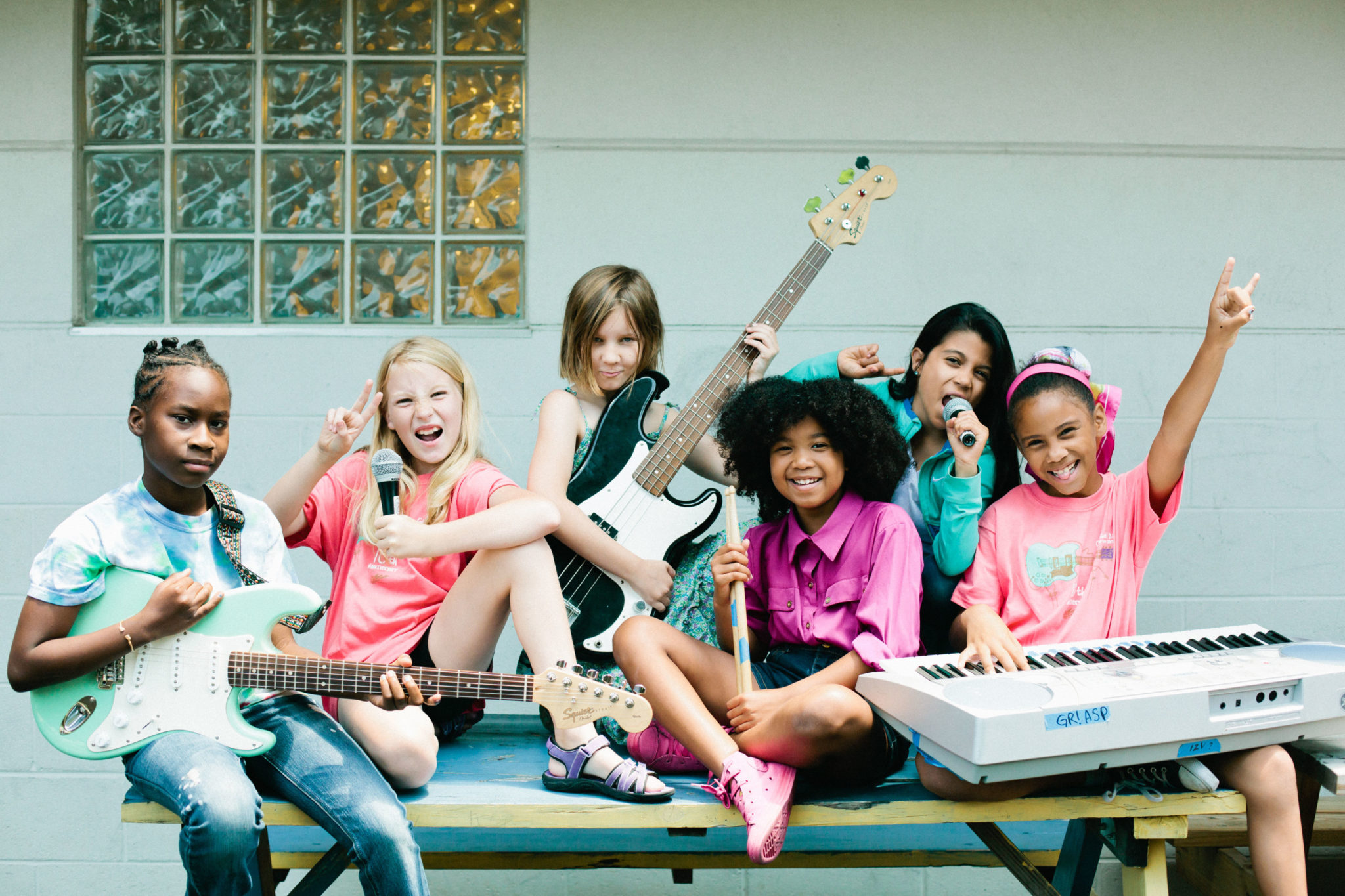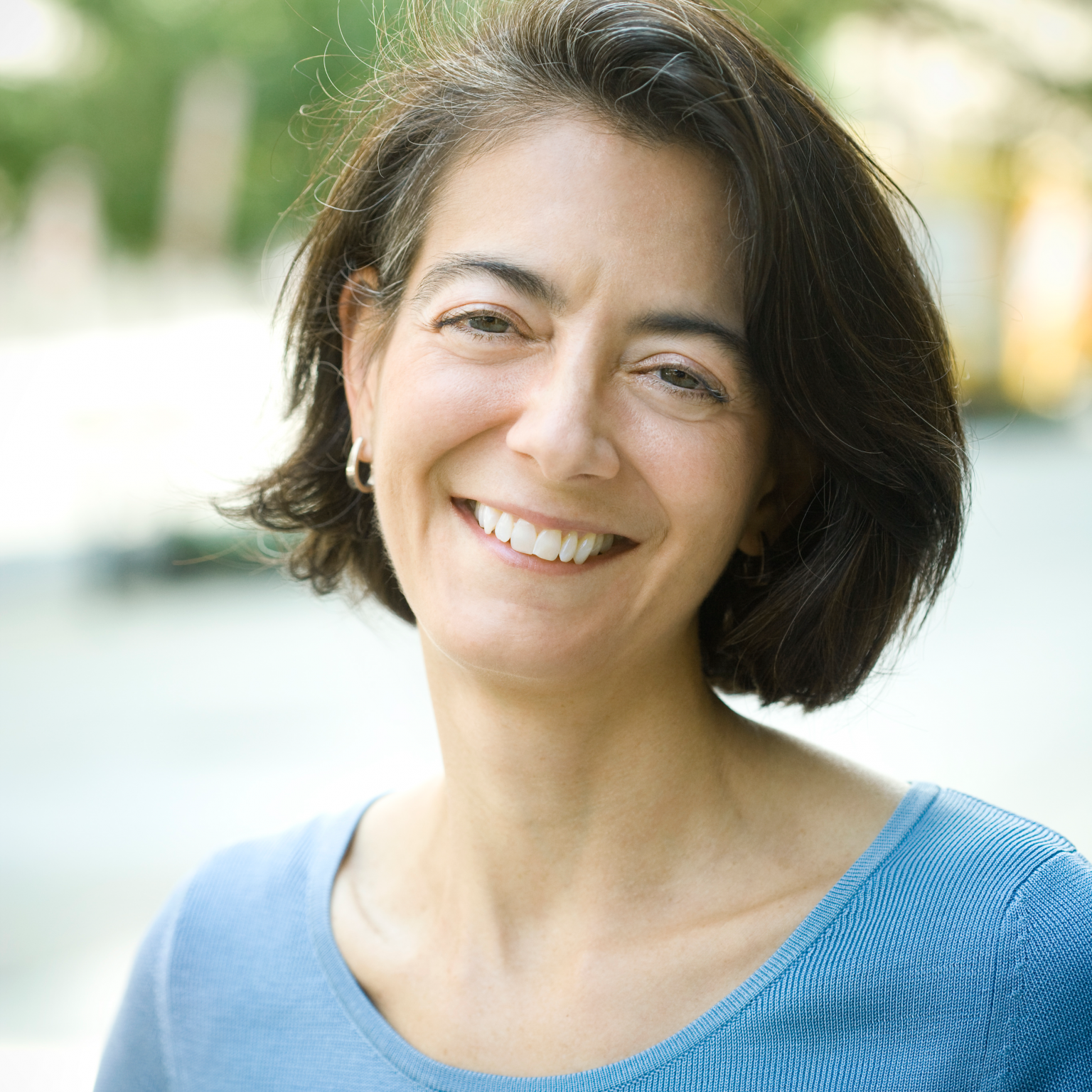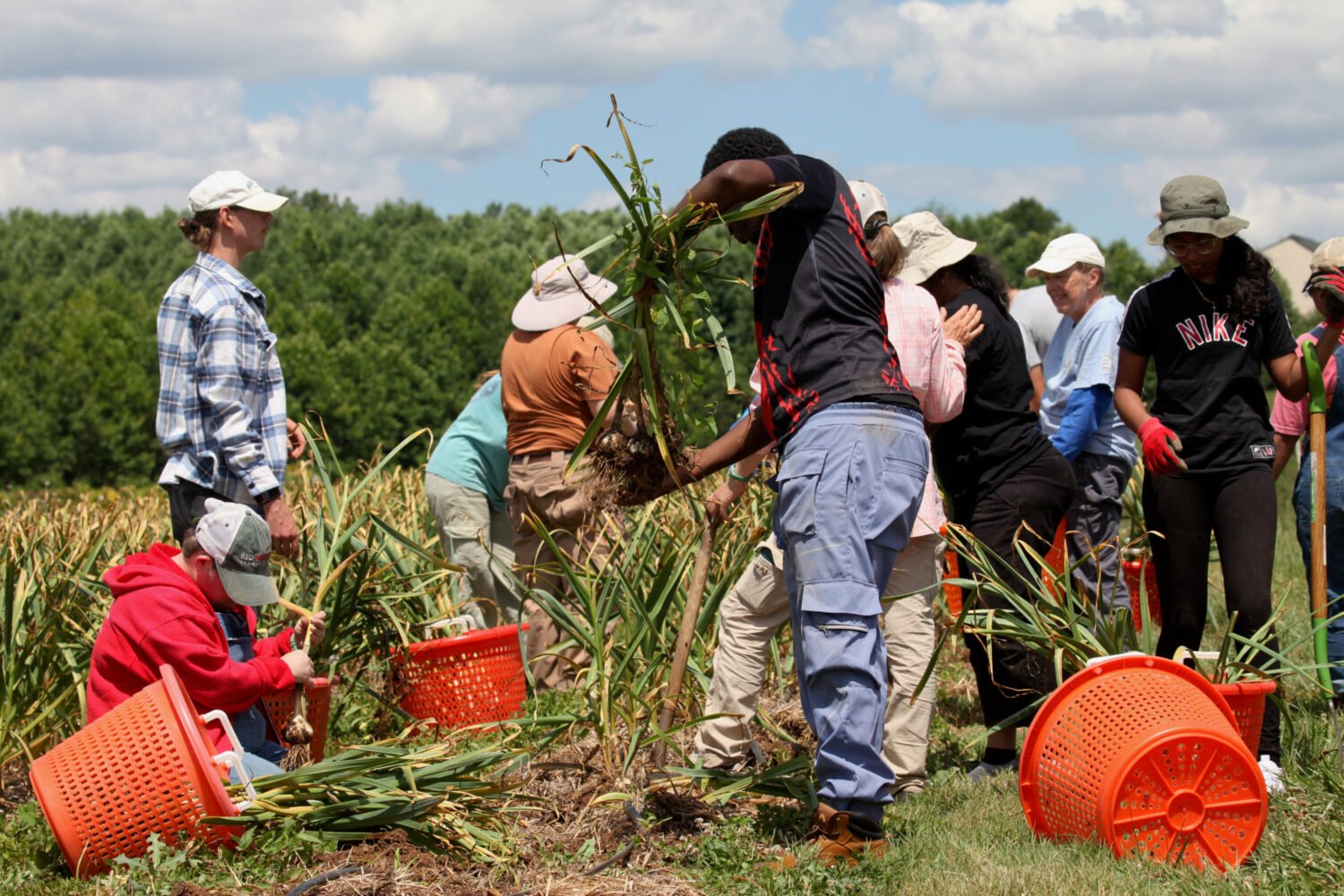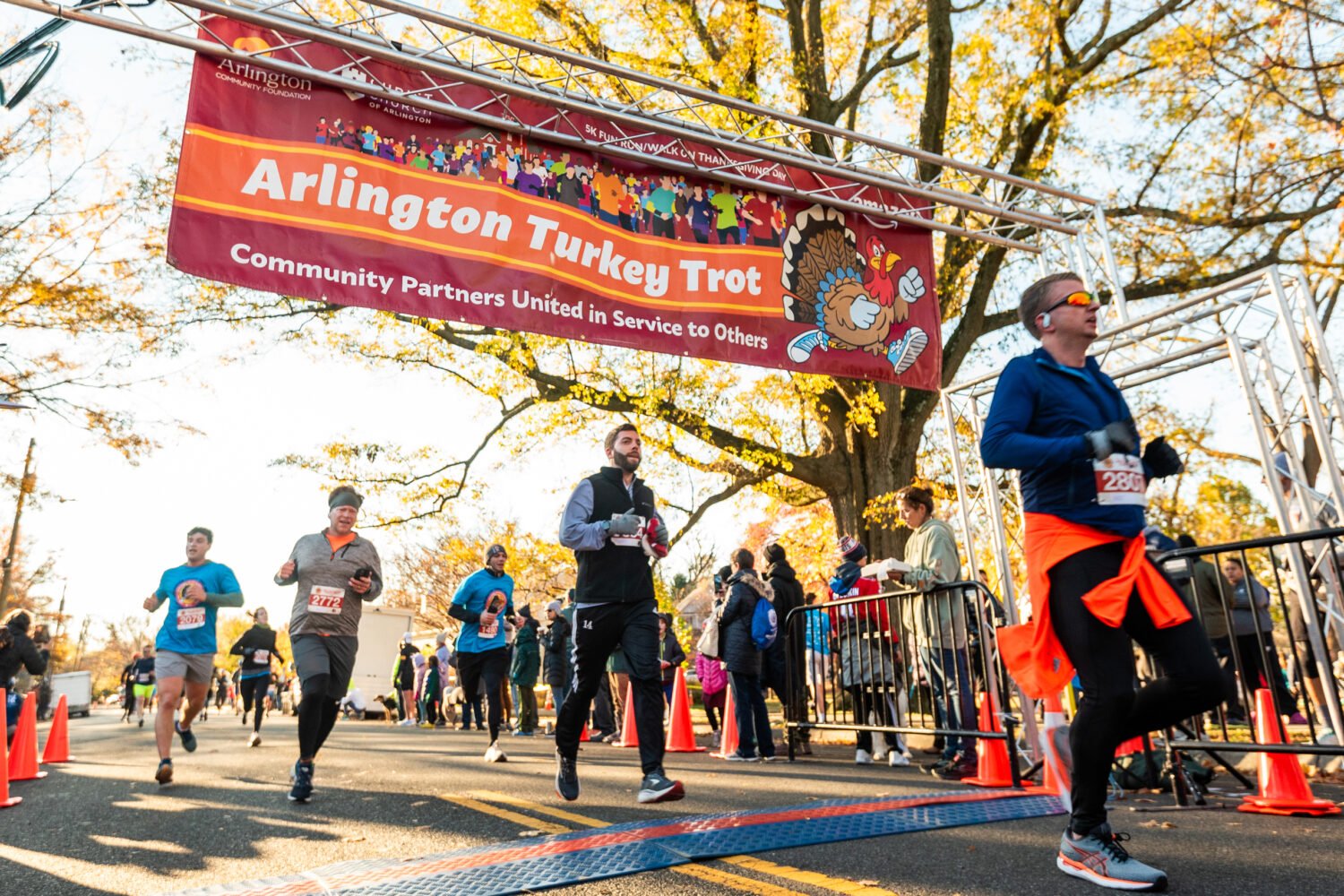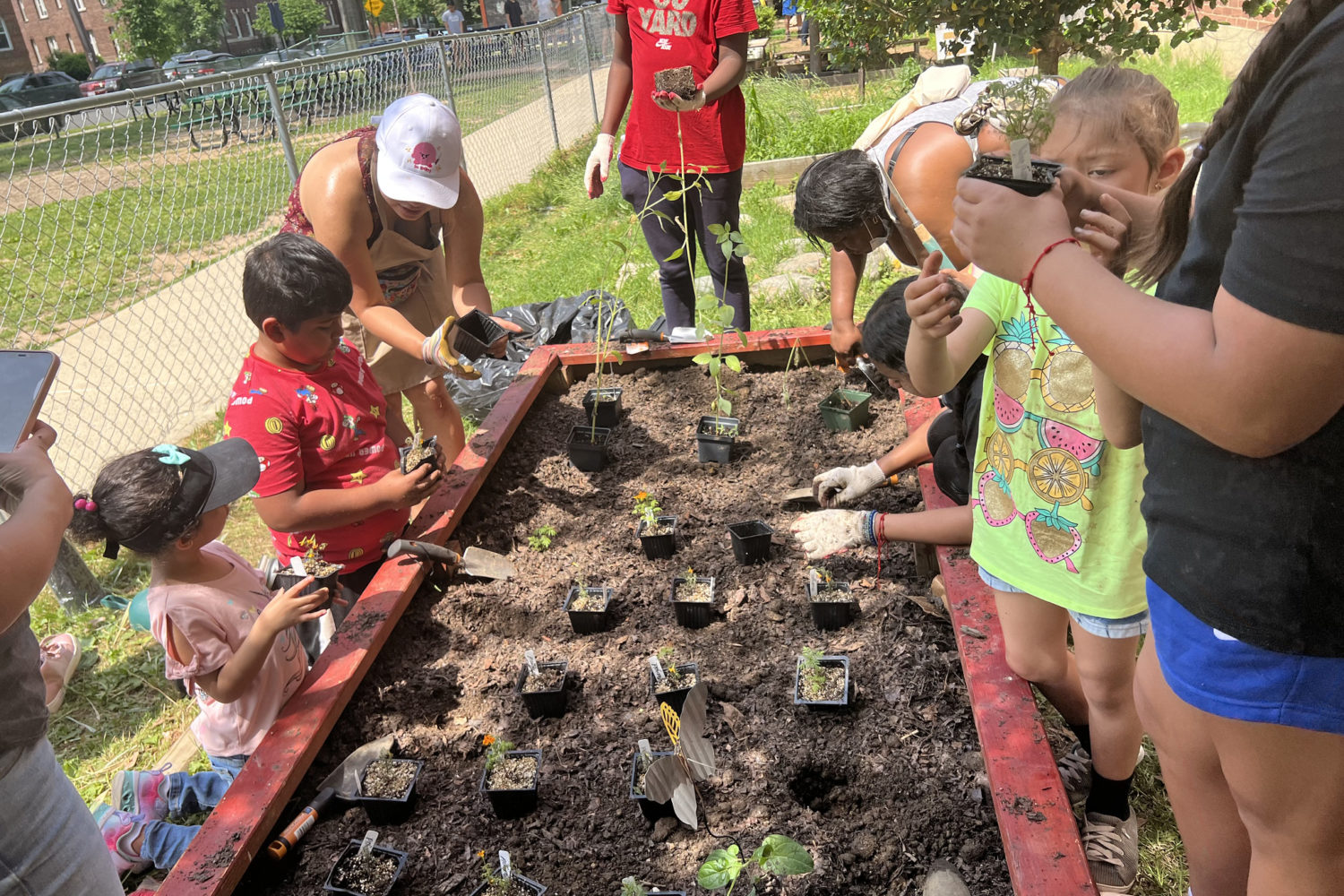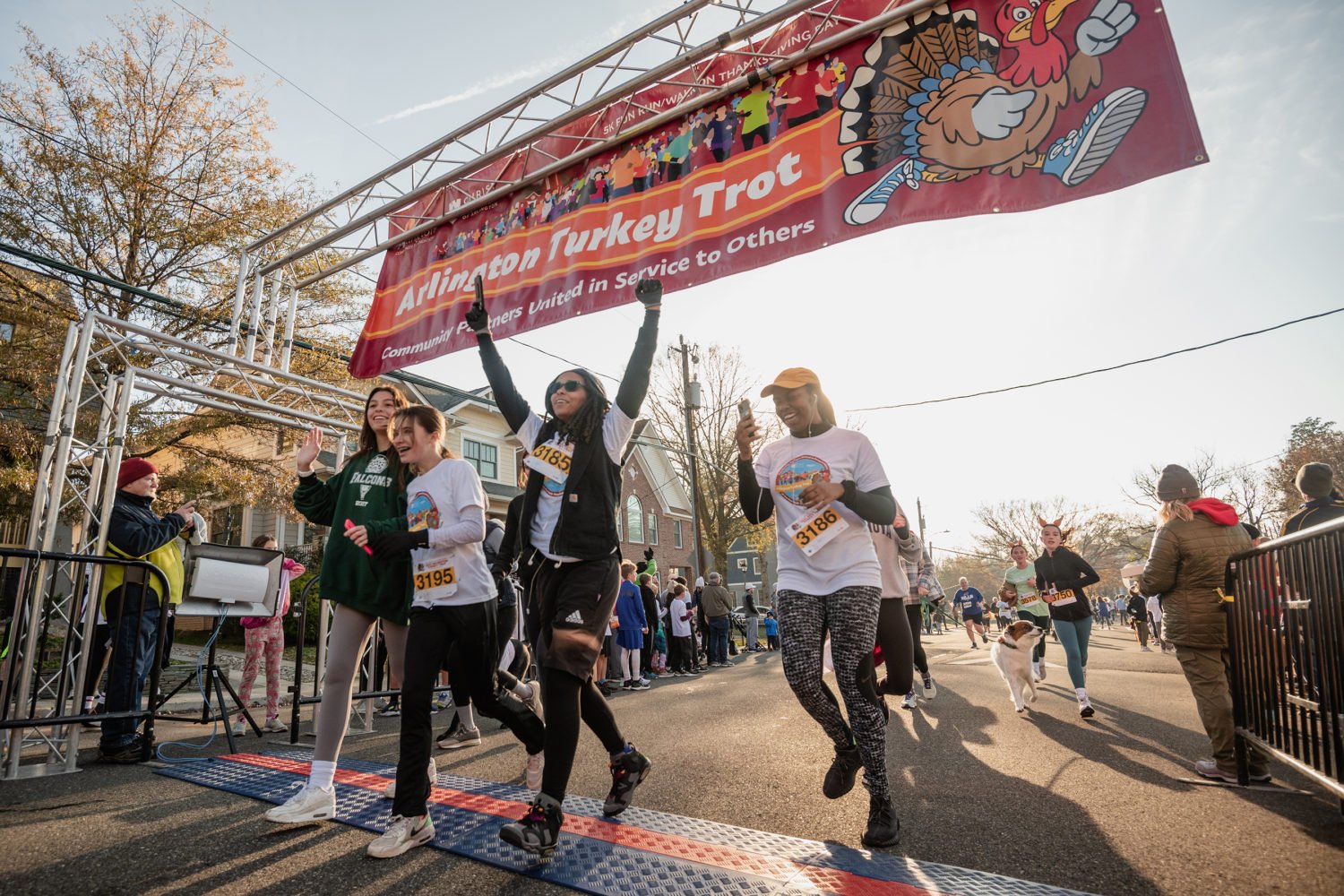If You Want to Support: Children and Education
After-School All-Stars
The DC chapter of this national nonprofit focuses on what happens after the last school bell of the day: Its free programming at six underserved middle schools allows nearly 500 District kids take part in the arts; health and fitness; STEM; career exploration; and—to combat the “learning slide” of the pandemic—high-intensity tutoring. $300 can buy: A field trip to a local college for eighth-graders.
Collegiate Directions
According to the 2021 Pell Institute Indicators Report, only 21 percent of low-income, first-in-their-family-to-college students graduate after six years. This Bethesda nonprofit works to improve that number. Starting with high-school sophomores, it provides college counseling and career mentoring; assistance securing financial aid; test prep; mental-health and wellness support; and ongoing help through college. The result? Some 97 percent earn a degree. $500 can buy: Books and supplies for a college scholar.
One World Education
According to Partnership for Assessment of Readiness for College 2018–19 exam results, only one-third of DC students graduate from high school with the writing proficiency to thrive in college. Each fall, OWE teaches 5,000 District students to research and write an essay arguing one side of a social-justice issue that matters to them, as a way to develop their writing, learn to identify credible sources, and think critically. $100 can buy: The One World program for six students.
Turning the Page
During the pandemic, more of the burden of a child’s education has fallen on parents and grandparents. TTP, whose mission for nearly 24 years has been engaging families in a child’s learning, was able to help parents immediately—delivering free books to homes, setting up a digital hub full of tips and resources, and creating a support network of other parents as well as teachers. $100 can buy: Math and science books and materials for ten families.
If You Want to Support: Hunger and Basic Needs
Community Support System
CSS helps low- and moderate-income families and seniors in Prince George’s and Charles counties with safety-net needs such as food, shelter, and utilities. Its food pantries are places not only to find healthy foods—often from local farms—but also to feed other needs, such as getting a blood-glucose check, registering to vote, and meeting others in the community. $500 can buy: Fresh produce for 100 households for two weeks.
Family PASS
Fairfax County families who are referred to Family Preservation and Strengthening Services (PASS) face homelessness and need emergency assistance. The nonprofit stabilizes the family, then works with them toward long-term self-sufficiency—which may mean lining up affordable childcare, transportation, or mental-health services so the adults can maintain steady jobs. $100 can buy: Payment of an outstanding utility bill.
FreshFarm
FreshFarm doesn’t just put on more than two dozen farmers markets in the region. It also partners with 19 Title I public schools to teach kids about growing and preparing food, improves food access in underserved communities with its Pop-Up Food Hub endeavor, and, through its Fresh Match program, doubles the buying power of market-goers using federal benefits such as SNAP. $100 can buy: Seeds for a new school garden.
Rainbow Place
For 40 years, this emergency overnight shelter in Rockville has kept women from sleeping on the streets during the coldest part of the year. Along with a bed, meals, showers, and laundry facilities, the women are offered support to get out of homelessness for good—and last year, more than 70 percent moved into long-term housing. $500 can buy: Shelter for one woman for a week.
If You Want to Support: Workforce Development
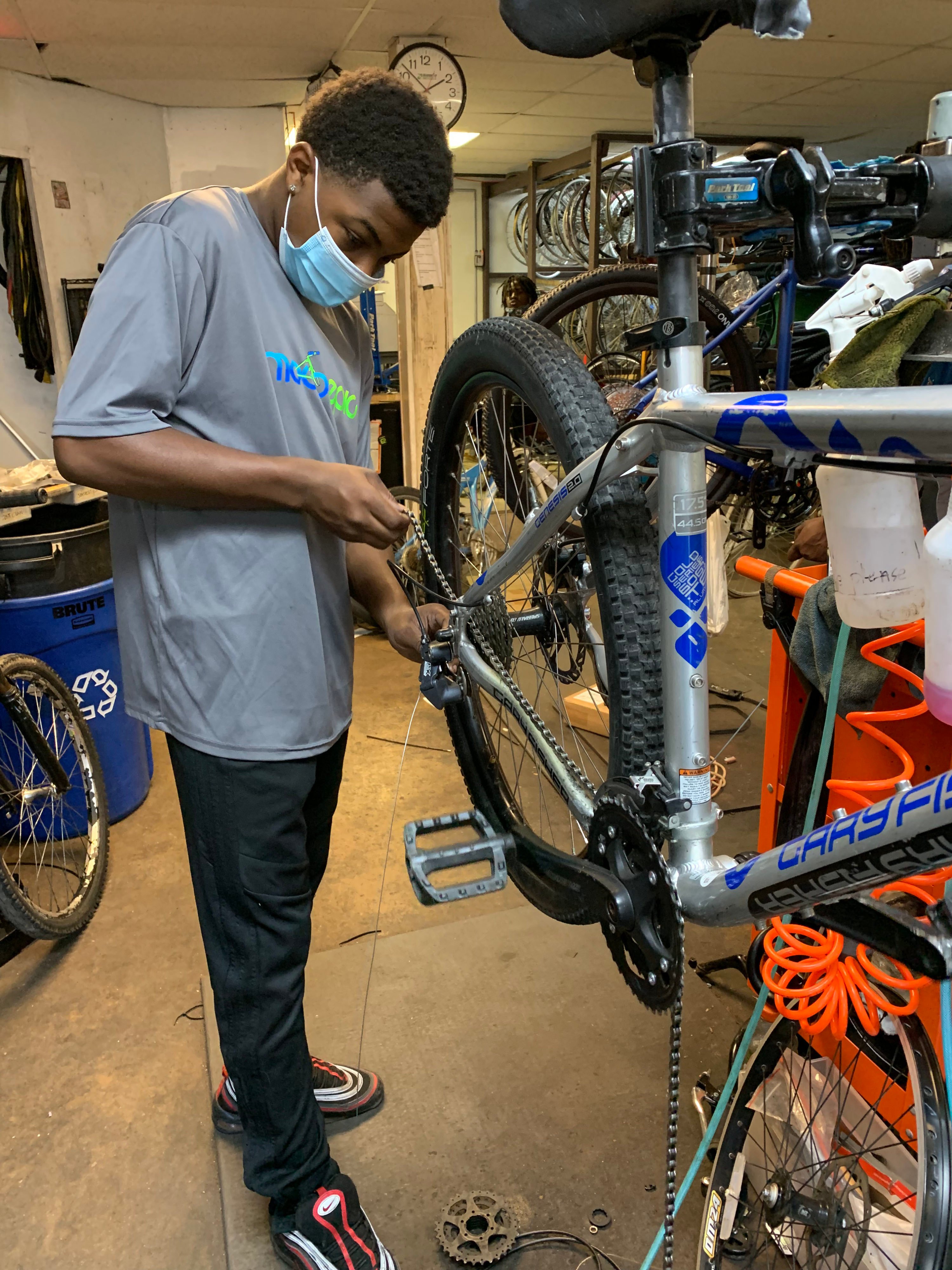
Gearin’ Up Bicycles
This DC bike shop does more than teach Black youth how to fix and even build bikes—it teaches about patience and problem-solving as well. Once trained in bicycle mechanics, the young men and women assist at Youth Bike Force clinics, instructing their peers how to fix a flat or adjust brakes. Many of them have gone on to full-time jobs in bicycle shops, while others have applied the skills in different careers. $100 can buy: One paid training day for a mechanic intern.
Jubilee Jobs
Since 1981, this nonprofit has helped more than 27,000 low-income candidates find work. Besides helping job-seekers write résumés, apply online for positions, and practice for interviews, they connect them with employers. All services are provided free. $100 can buy: Transportation to and from a job interview for ten people.
La Cocina VA
This Arlington nonprofit believes in the power of food. Its bilingual training prepares low-income individuals—many of them single mothers—to work in restaurants. It turns food donations into healthy meals for those in need. A cafe provides jobs for youth. And an incubator offers entrepreneurs—most of whom are immigrant women—affordable kitchen space and business advice. $1,000 can buy: One-month shared-kitchen membership for an entrepreneur.
Urban Ed
The unemployment rate in DC’s Ward 8—where Urban Ed is based—is the highest in the city. Among this nonprofit’s programs is one that teaches adults the skills needed for a job in information technology. Last year, 90 percent of graduates found employment. For kids still in school, Urban Ed reduces truancy by exchanging lessons in subjects such as software coding and gaming for school attendance. $100 can buy: One month of STEM resources for 60 youths.
If You Want to Support: The Vulnerable Among Us
DC127
The “127” in its name refers to James 1:27, which counsels “caring for orphans and widows in their distress.” The District non-profit’s mission is to keep families together by giving overwhelmed and under-resourced parents and grandparents what they need, be it mental-health services, job training, food, or housing. The primary goal is to protect children, so DC127 also recruits and trains potential foster families. $2,500 can buy: Support for a vulnerable family for one year.
Network for Victim Recovery of DC
NVRDC is there for victims of any crime who need free legal services or advocacy. As part of its work with DC’s Sexual Assault Nurse Examiner Program, it also offers hotline help, free transportation to and from the hospital for survivors, and other crisis-support services such as assistance filing a police report. $50 can buy: Clothing for five sexual-assault survivors after a medical forensic exam.
Open City Advocates
Young people released from DC’s juvenile-justice system often don’t get the support they need. Open City Advocates’ law-student mentors work with youth before they’re released—on securing employment, housing, and other needs for a successful reentry. The results: Mentees have a recidivism rate two-thirds lower than youth who don’t receive the services. $100 can buy: A month of mentoring for one youth.
The Safe Sisters Circle
After years of working at organizations that fought for women’s rights, DC advocate and attorney Alana Brown says she saw firsthand how Black women who had experienced domestic violence and sexual abuse were being helped by those without an understanding of cultural context. The Safe Sisters Circle she founded provides culturally specific services to Black women survivors in wards 7 and 8, including legal representation, therapy referrals, and education of young girls on healthy relationships. $100 can buy: Four Lyft rides to and from the courthouse.
If You Want to Support: Community Arts
Critical Exposure
This nonprofit trains Black and Brown youth to use both documentary photography and their voices to highlight an educational-equity issue. Since 2004, CE participants have helped obtain more than $500 million in funding for a new school library, new classes, a community garden, and other improvements. $100 can buy: One digital camera and memory card.
Girls Rock! DC
Girls Rock was founded in 2007 by DC musicians, community organizers, and others who felt that women as well as trans and gender-nonconforming people were underrepresented not only in music but in all of culture. The organization provides a supportive, inclusive space for girls and nonbinary youth to express themselves through music. $500 can buy: Weeklong intensive summer camp for two youths.
Joe’s Movement Emporium
This 26-year-old cultural organization in Prince George’s County doesn’t just stage artistic performances—including commissioned new works—at its centers in Mount Rainier and Suitland. It also runs programs—summer camps, in-school arts education, arts-based job training, and more—to foster the creativity and confidence of traditionally under-resourced youth. $100 can buy: A week of after-school arts education for one child.
PEN/Faulkner Foundation
To inspire and engage the next generation of writers and readers—particularly those in underserved communities—PEN/Faulkner partners with schools to offer writing workshops as well as free books and visits from authors. There’s an emphasis on works with diverse characters, including Latinx and Hispanic voices. $100 can buy: Eight to ten culturally relevant books for students.
For more information or to donate, visit the Catalogue for Philanthropy Greater Washington at cfp-dc.org/doinggood.
This article appears in the December 2021 issue of Washingtonian.

